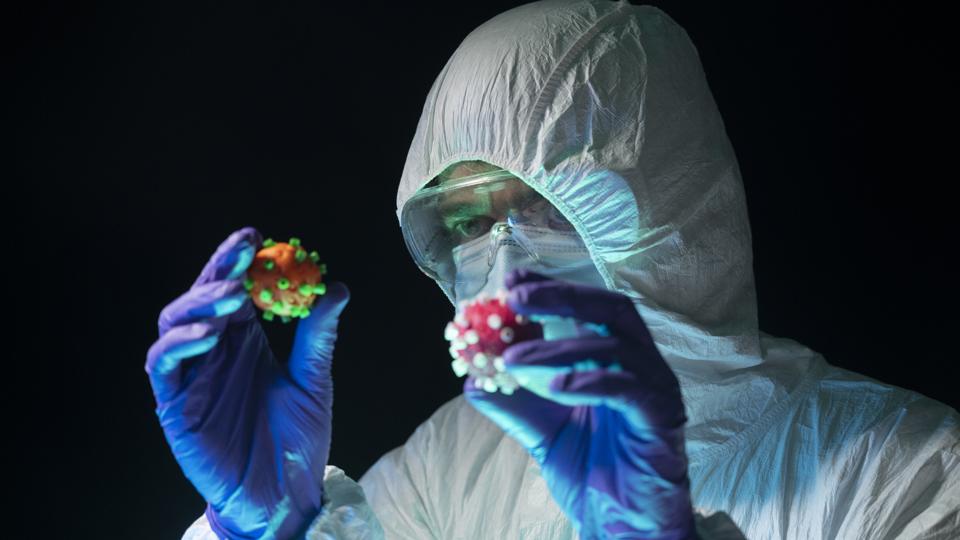Infectious U.K. Covid-19 Variant Detected In 60 Countries, WHO Says
Topline
Amid warnings of a “catastrophic moral failure” over the unequal distribution of Covid-19 vaccines around the world, the World Health Organization said Wednesday that the contagious coronavirus variant initially identified in the U.K. has been detected in at least 60 countries, up ten from the week before.

the WHO says the infectious U.K. coronavirus variant has been detected in at least 60 countries.
getty
Key Facts
The variant, known as B.1.1.7, is believed to be significantly more contagious than other variants but is not, per research from manufacturers, thought to be capable of evading coronavirus vaccines currently in use.
23 countries have now reported detecting the 501Y.V2 variant, which was first reported in South Africa, the WHO said in a weekly report, up from 20 from the week before. The South African variant, which is driving another wave of cases in the country, is also believed to be highly contagious and could, according to preliminary research, evade the protection provided from natural Covid-19 infection or vaccines.
A new variant of concern has been reported from Brazil’s Amazonas State and while the WHO said there is “currently little available information to assess if there are changes in transmissibility or severity” in the Brazil variant, it shares a number of mutations with the U.K. and South Africa viruses.
“Further investigations are needed and are underway,” the WHO said.
Key Background
As parts of the world begin to roll out newly-approved Covid-19 vaccines, officials are concerned that new mutations to the novel coronavirus could hamper efforts to gain control over the pandemic. The U.K. and South Africa variants are thought to be 56% and 50% more contagious than existing strains respectively, and are driving new waves of infections in both countries that have pushed healthcare services to the brink. Should a mutant be capable of evading vaccines they can be tweaked to provide better protection. This process is easier and faster with the new mRNA vaccines in use for Covid-19. Unlike many other vaccines which rely on weakened or dead viruses that must be grown in vast quantities, this molecule can simply be tweaked as needed and put back into the vaccine. “mRNA is fantastic because you can just swap a new strain and run with it,” Moderna’s CEO, Stéphane Bancel, previously told Forbes.
Further Reading
New Coronavirus Strain Is 56% More Infectious, Scientists Estimate (Forbes)
South African Coronavirus Strain Is 50% More Infectious, Scientists Say (Forbes)
Here’s What You Need To Know About England’s New Covid-19 Variant (Forbes)
